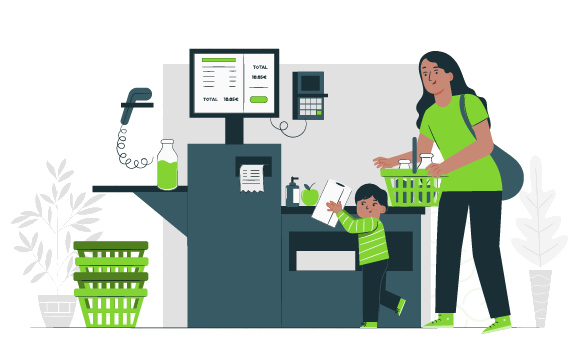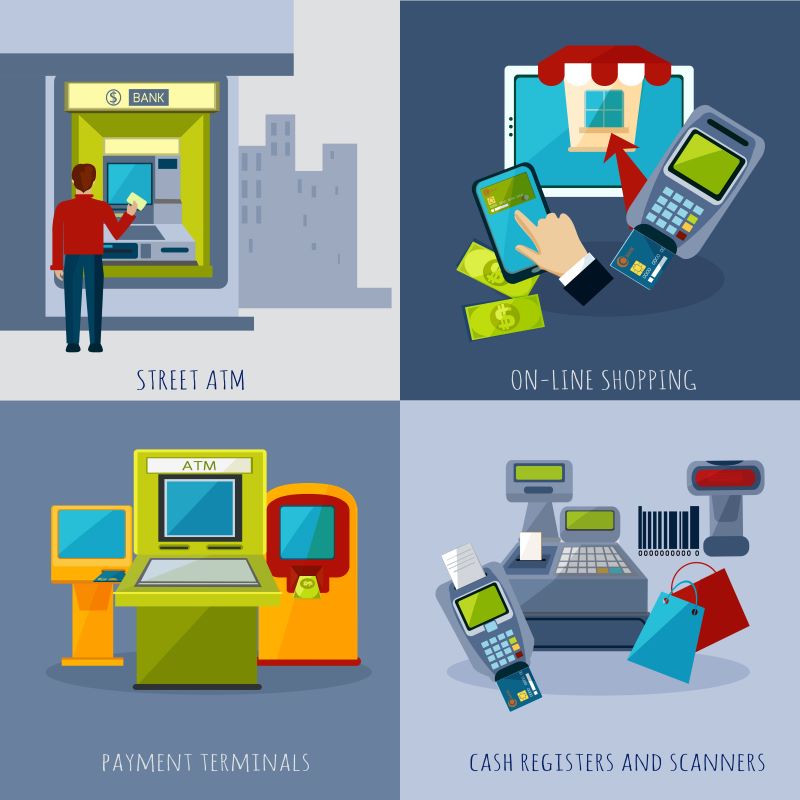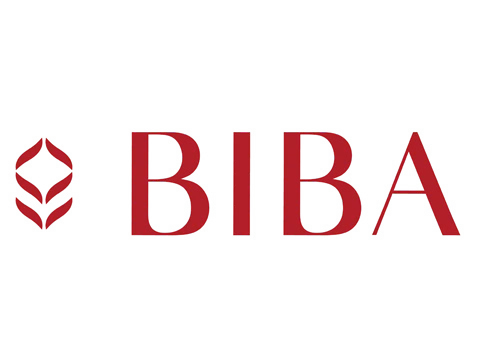The Point Of Sale software (POS) is constantly evolving. Clunky cash records can only be updated so much. Brick and Mortar dealers are adopting multiple lean systems operating on mobile devices in complicated configurations that cost thousands of dollars.
But not retail stores are not the only ones interested in owning a POS software. POS software is also sold to fairs, farmers markets, online retailers because they also need easy to use cost effective solutions.
Point of sale software is what retailers use to conduct sales in person. This can be anything from a cash register, computer, or even a tablet where cashiers input products, tally the total cost, and manage the financial transaction, finally giving the customer the bill. Most POS softwares can also communicate with inventory levels to keep everything in balance - this means that it even helps you manage your inventory levels!
Now that we know what POS software is, it’s time to see the kinds of POS software in India.
There are two main types of POS software:
On-premise: as the name suggests, on-premise requires you to be on the location to use it. The best example is cash registers in stores. A person has to operate them. Terminals are also one of the most common on-premise POS.
Cloud-based: Cloud-based POS software offers more flexibility, because it doesn’t require your physical presence. You can use any connected, compatible device to access the dashboard.
Components of any basic POS system
- Barcode scanner: these scanners also have their own variations because they also need to scan discount codes along with normal rates. The 1D barcode scanners use the traditional bar code, and 2D barcode scanners read QR codes.
- Cash drawer: this is what we usually see in supermarkets or grocery stores. A place you need somewhere to put the cash customers use to pay for your products. It’s organised and safe.
- Credit and debit card reader: There are several ways to read a debit or credit card, including swipe, tap, and EMV chip. It’s always good to accept both card and cash and nowadays, even online payments so that your customers always have a second option.
- Receipt printer: These are going out of use because customers prefer an environment friendly approach and ask for electronic receipts on their mail or message inbox. But a printer can connect to your POS and spit out receipts on the spot.
- Scale: If you sell products by weight, like fruits or cereal, you’ll need a scale to be able to determine how much to charge customers. Some scales can now directly connect to your POS system and offer a faster checkout process.
What can the POS system do for you?
Modern POS systems offer many more features than just managing your transactions. They can complete other business features, as well as reporting important commercial decisions, which include:
- Inventory management in all locations (includes both online and offline)
- Provide sales and metric reports
- Effectively manage customer data and outline behaviour
- Improve sales adaptation
- Customizing and adapting to business needs
Choosing a POS software in India can be quite the task. To make it easier for you, here are some features that your POS must have, before you decide to go ahead with it:
- Full visibility into your inventory (online and offline) and across all locations. It should be able to update it real-time.
- Robust and efficient analytics and reporting capabilities
- You should have quick access to customer profiles - this will include their order histories, trends and even if they are part of the loyalty programs
- Flexible payment, purchase, and delivery options. Payment can be in card, cash or online transactions through apps.
- Flexible returns, exchanges, and store credits - nobody likes a non-returnable product, be it online or offline. So have exchanges if you don’t want to have a return in your policy.
- It should be able to be customized with a robust app store to suit your unique business needs.
- It should easily integrate with your business tech stack ( email marketing, digital, accounting and other departments).
A POS software has its benefits in this day and age because customers want a faster checkout and a hassle-free experience. Everything is faster, more well managed and organised when you have a billion POS software in place.













